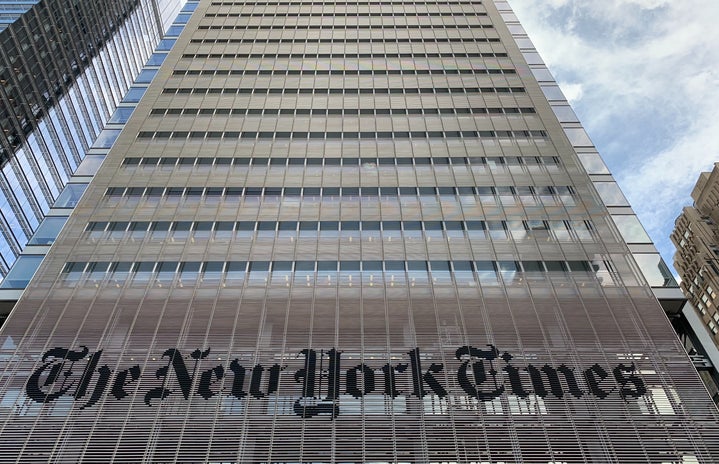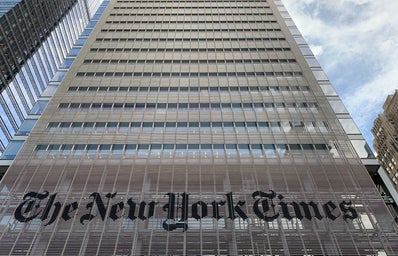On Jan. 24, the New York Times announced they purchased the hit game Wordle for an undisclosed amount, ranging in the low seven figures. Wordle is a game in which players get six chances to guess the five-letter word of the day that has taken over the internet. The word game has curated friendly competition and a rise in games of its nature.
The game was started by a mutual love for word puzzles. Software engineer Josh Wardle was inspired by his partner’s admiration for word games, so, consequently, he created a word guessing game for the two of them to pass time in lockdown. What started as a pastime for the two of them, became a fun game for his family, and then, eventually, he decided to bring it to the public eye.
In October, the game was released to the public. A month after its release, only 90 people had played it, but two months later that number grew substantially into the 300,000s. Now, there are millions of players every day.
Wardle attributes the game’s success to its simplicity. “I think people kind of appreciate that there’s this thing online that’s just fun,” Wardle said in an interview. “It’s not trying to do anything shady with your data or your eyeballs. It’s just a game that’s fun.” The game has no ads, banners or window pop-ups, it is merely a game on a black background. The game allows players to engage with their friends through a share feature by showing how many tries it took without spoiling the word of the day.
For those who haven’t played: A green brick indicates you have a correct letter in the correct spot; a yellow brick shows you have a correct letter, but it is in the wrong location; a gray brick indicates the letter isn’t in the word at all. This array of blocks and colors has been the hot topic of many tweets and memes.
The New York Times has popular spelling games, such as Spelling Bee and their array of crossword puzzles. These games were played over 500 million times last year. Wardle’s partner, Palak Shah, is an avid player of the New York Times’s word games, sparking inspiration for the creation of Wordle. When asked about the New York Times acquisition, Wardle said the New York Times games played a big part in Wordle’s origins and the purchase feels “very natural” to him.
The New York Times’s reason for the purchase is aligned with the growing importance of word games in the company’s goal to “increase digital subscriptions to 10 million by 2025.” The company said Wordle will remain free to new and existing players in the meantime. As for how the game is played, that will initially remain the same as well.
The future of the game is uncertain, but this popular word game will continue to ignite conversations and gameplay one five-letter word at a time. What started as a gift for a partner, turned into a viral word game worth millions.
Want to see more HCFSU? Be sure to like us on Facebook and follow us on Instagram, Twitter, TikTok, YouTube and Pinterest!


